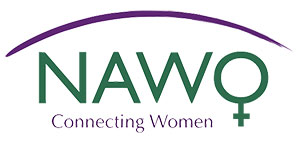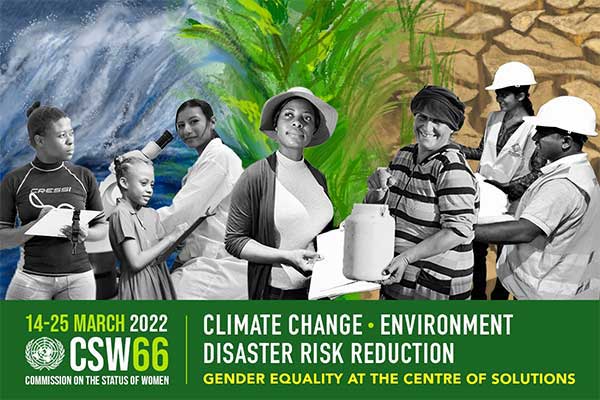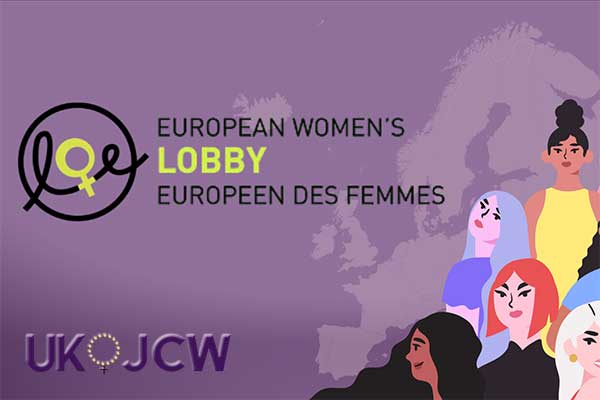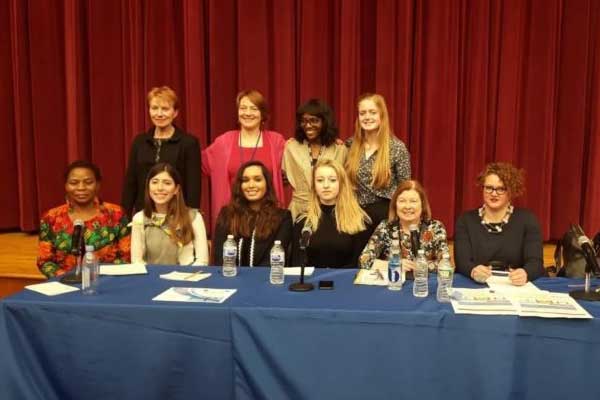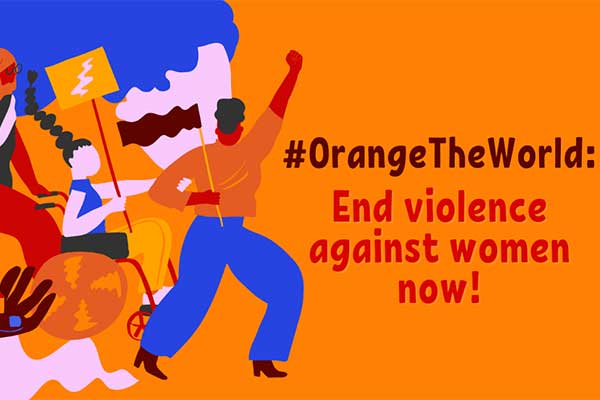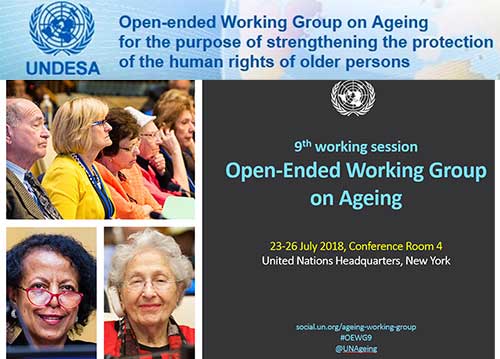
NAWO at UN OEWGA July 2018
The following is written by Elizabeth Sclater from the Older Women’s Network, Europe.
Held between 23 – 26 July in a hot, steamy and thundery New York, OEWGA 9 (Open-ended Working Group on Ageing) addressed two key issues in securing and protecting the human rights of older people: Autonomy and Independence and long term and palliative care. Key players included member states, national human rights institutes (NHRI) recognised by the UN as key contributors as well as NGOs and other not for profit organisations.
The format of the 9th session followed a first day general session where member states made their main submissions/statements, then days two and three focused on the areas of particular concern as above. Day four looked at normative elements of the OEWGA 8th session on equality and non-discrimination and violence and abuse.
The overall chair of the meeting, the Argentinian Ambassador to the UN and the vice chairs who took the individual sessions, were open to contributions from the NHRIs and NGO community, mixing our interventions in with member states. Indeed it was very disappointing to see how few member states turned up for the meeting and almost no interventions from governments from Africa or Asia Pacific region after day one.
Each day the NGOs held briefing sessions from 9 – 10 am before the main meeting started at 10.00. Day three saw an excellent briefing on approaches to care and training from the Global Ageing Network[1] and BallyCara[2] a not for profit organisation in Queensland which provides senior housing as well as residential/nursing homes.
An excellent report from the Global Alliance of National Human Rights Institutes (GANHRI) set out the key issues on autonomy and independence and longterm and palliative care in a powerful presentation from panellists Florence Simbiri-Jaoko, the Kenyan NHRI representative and Urantsooj Gombosuren from the NGO Centre of Human Rights and Development in Mongolia.[3]
The key point made over and over again across the four days of the meeting confirmed older people as rights holders until the end of their lives and that these must not be abused/taken away, even if mental capacity is compromised. Every effort must be made to help all older people to be able to make decisions whether it is about day to day living or wider issues regarding managing their affairs or participating in public life. Legislation in some countries is non-existent and in others for example, draconian guardianship legislation denies all decision making by the individual concerned.
I was able to give the statement on behalf of OWN, Europe and AUSER during the interactive discussion following the morning presentations of Tuesday 24 July.[4]
A highlight of day three was a presentation from Prof. Israel Doron from Israel. He explained how ageism and the negative construction of old age is the dominant ideology in delivering long term care in many countries. In his inimitable style his main message was very clear, that it was time to stop talking about protecting human rights and do something about it.[5]
The government of Canada played a leading role in the main sessions on both days as well as hosting an excellent side event. There was spontaneous applause on day three when they responded to Canadian civil society, saying they were listening and open to the possibility of developing a new convention on the human rights of older persons. This is significant progress.
The side event organised by the International Network of Elder Abuse (INPEA) on prevention of abuse in care homes, brought government speakers, academics and NGOs together. I was able to share the key concerns members of our network raised. There was resonance with all points, with particular interest in Els Messelis’ work ‘the sex suitcase: a health education tool’, sexual abuse in care homes, as well as Elisabet Cedersund’s research work in Sweden on enabling the voice of older people in care homes to be heard.
Although EU member states spoke with one voice through the DG Justice representative, one or two (I noticed UK, Germany, Austria and Slovenia) also spoke. The EU representative was a keen attender at the side events and when asked for his comments – and I paraphrase – he said ‘this is where you get the real information – the member states’ presentations are more theoretical’. I had a sense that while the EU could not comment on the need for a convention as it is not EU policy – yet – they are not reluctant bystanders. Indeed, protecting the right to access effective palliative care by older people in prisons was something he particularly noted as a new and emerging issue.
I did not attend the session on the last day – you will find a compilation of the normative inputs received on the UN website. This is the start of developing the language for a convention.
Lifelong learning and social protection was agreed as the areas of review for OEWG10 in 2019. The date yet to be confirmed.
Overall it was well worth attending the meeting, renewing old and making new friendships, understanding the importance of working with the NHRIs, and the confirmation that we still have a long way to go to see greater commitment to the agenda from member states.
[3] GAHRNI report and Mongolian statement is available on UN website https://social.un.org/ageing-working-group/ninthsession.shtml
[4] See NGO statements for 24 July on https://social.un.org/ageing-working-group/ninthsession.shtml
[5] Prof. Doron’s paper is on the website https://social.un.org/ageing-working-group/ninthsession.shtml
